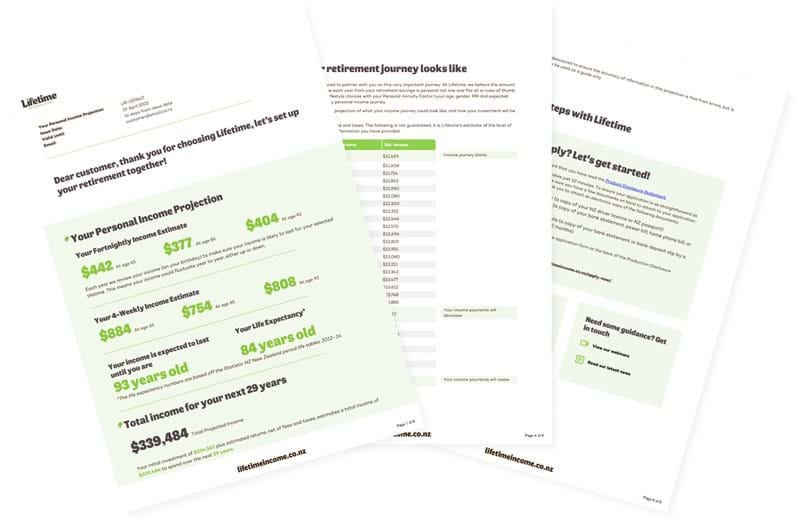Nov 14 2022
New Zealand has the 15th-best pension system out of 44 countries surveyed in a new report. Eric Frykberg explains more.
The study is the latest in an annual series conducted by the international finance, investment and human resources company Mercer CFA Institute, with help from Monash University in Australia.
Every year it examines the pension systems of all the major economies, which cover 65 percent of the world’s population.
This year, Iceland was deemed to have the best pension system of all, with the Netherlands and Denmark second and third, respectively. Thailand had the lowest score. Mexico was the most improved country. New Zealand’s ranking of 15th was the same as last year.
It came behind the Nordic countries as well as Australia, Canada and the UK. But it was ahead of Germany and the United States, along with oil-rich states like Saudi Arabia and the United Arab Emirates.
The lead author of the study, Dr David Knox, said strong retirement schemes were important in light of problems like inflation, rising interest rates and international uncertainty.
An extra problem was the move away from private sector pensions in favour of lump sums in retirement, as well as questions over the adequacy of money available for retirement and some Governments’ decisions to cut back on levels of support.
In producing these figures, the researchers looked at three things: the adequacy of a pension, its sustainability and its integrity.
New Zealand performed poorly in the adequacy of its pension. This finding by Mercer matches repeated comments in this country that NZ Super is not enough to live on. New Zealand was mid-ranked in terms of the sustainability of its pension, but it was ranked near the top of the list for its integrity. This matches repeated comments that NZ Super is clear, straightforward and easy to administer.
In a chapter of the report, the authors look deeper at New Zealand. They describe the three legs of the pension system here: NZ Super, KiwiSaver and occupational or employer-based superannuation schemes. It says the overall value for the New Zealand system could be increased in several ways.
One would be to increase the level of KiwiSaver contributions. Another would be to increase the level of household savings generally or reduce the level of household debt.

The report also restates the idea that a pension credit could be made available for people in New Zealand who take time off work to raise children. At present, many people, mainly women, fall behind in their retirement savings while undertaking this vital role.
The system of compensating them for time out of the workforce is known as care credits, and it has been proposed several times, including by the Retirement Commission.
But the Government here has shown no interest in pursuing this idea and has generally tried to avoid answering questions about it.

